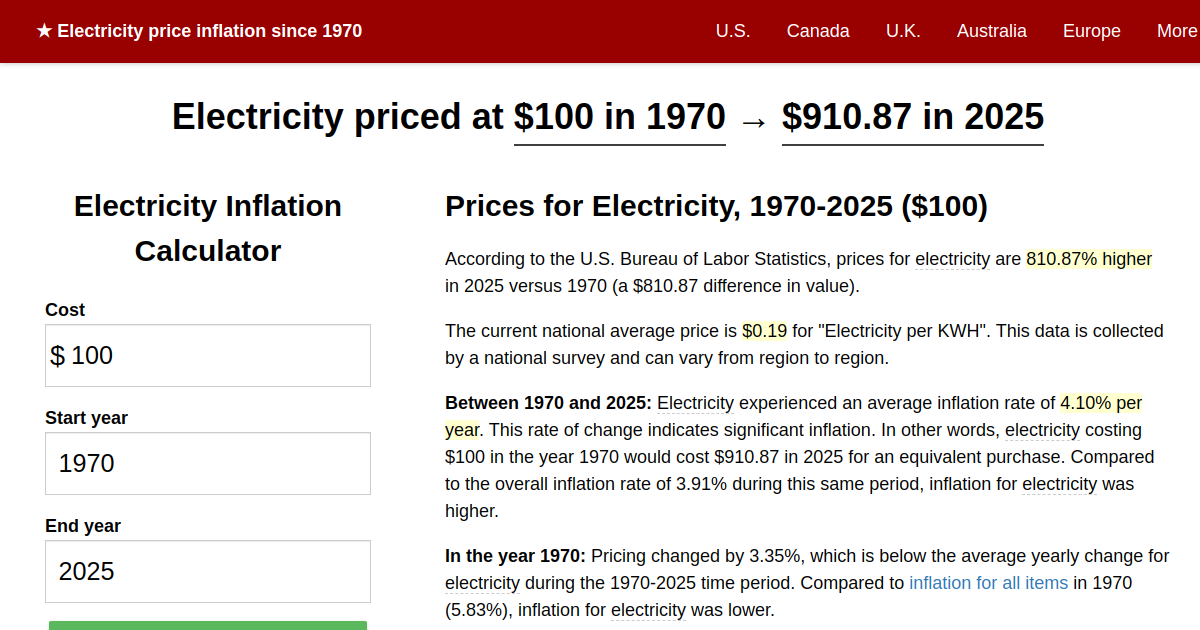200A with gas everything is living easy.

So what you describe, aint how it works. All around this part of the US uses, AFAIK, heat pumps. If you are used to Forced Hot Air (FHA) you are in for a surprise. Heat Pumps suck. Thats the only way to describe them. Normally, you expect when its cold outside that the air out of the vents is at least warm. Not for a heat pump. Its about 1 or 2 degrees above ambient. And since its moving, it can feel cold. If you come from Oil heat or something like that. Its a shock.
When the weather is in the 30 - 50F range, its fine and probably the most efficient thing, hence why houses in these zones have them. Normal temps are like 45 high, 25 at night this time of year, so its not "to bad". But every year there are cold spells, like early January. Every year the polar vortex thing happens, they always come back. When the temp is below 20, heat pumps don't work. So it turns on the giant toaster on a 50 amp circuit. When the giant toaster goes on, the electric bill skyrockets. OTOH, the Heat Pump is at 30 amps.
But you see the theory is, the giant toaster only goes on rarely. Thats BS. It goes on all the time below 20 and other times when the heat pump can't keep up, or when its defrosting. When the temp goes to single digits and teens, forget about it. We get days when it never gets above freezing, that the toaster runs about constantly.
When does it get really cold? In the middle of the night? When do you want to charge your car? In the middle of the night. Car chargers must have a 25% reserve, so its a 64 AMP circuit to pull 48 Amps. That still doesn't use up 100 AMPs. Hot water heaters do their thing on/off when it feels like it. I don't think there is a reserve factor because its not continuous. Hot water kicks in because its cold in the basement, that's 30 amps more.
I guess you aint cooking or using the dryer so lets forget that. Now plug anything else in and its all adds up. 100 AMPs is not sufficient.
I have read there are devices that monitor full output and shut off the car charger but that's just a kluge. The real answer is an upgrade. That cost $$$ and the utilities are way, behind, a year or more behind plus supply chain issues they admit to.
IOW, when you need it the most, when its coldest, when when all the heat elements are running, and at the same time when you want to charge. And the houses were never meant to have such a large additional load.


/price-inflation/1970?noads=1&noanal=1)




